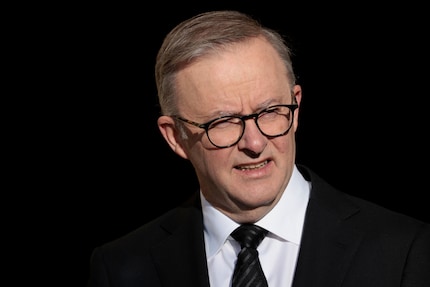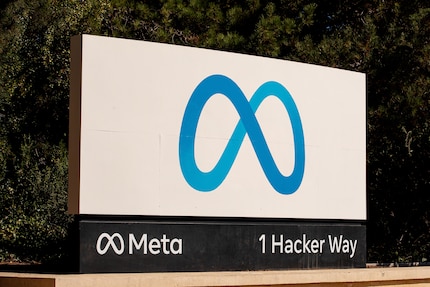
Australia enacts ban on social media for under 16s
An Australian law aims to protect children from the dangers of social media. A survey in Switzerland also shows broad support for a ban. Critical voices, however, see problems with its implementation.
Australia has issued a ban on social media for children and young people. In future, anyone under the age of 16 will no longer be allowed to use platforms such as Instagram, TikTok or X. The law was passed by the Australian Senate on Thursday by 34 votes to 19. The House of Representatives had previously voted in favour by 102 votes to 13. The state is thus taking on an international pioneering role.
According to the law, the operators of social media platforms must systematically prevent under-16s from having an account - how exactly is not specified. Meta and Co. now have one year to comply. If a company fails to make sufficient efforts, it can be fined up to 50 million Australian dollars (33 million US dollars).

Source: Shutterstock
The ban is intended to protect young people from the negative consequences of social media. "We know that social media causes social harm," said Prime Minister Anthony Albanese. Children are exposed to hate and bullying on the platforms, suffer from depression more often, struggle with sleep problems and have a poorer image of their own bodies,
Supporters of the ban argue that it solves the problem of collective action: individual parents find it difficult to ban their children from social media because they are then socially excluded. On the other hand, if no one is allowed to use the platforms, no one will miss out. Opponents counter that social media helps young people to connect with communities.
Unclear aspects of implementation
How well Australia can enforce the ban remains to be seen. The threat of a 33 million US dollar fine is unlikely to be very threatening for the world's largest companies. Critics also criticise the fact that young people will simply bypass technical control mechanisms - as the law does not require identification by official ID for data protection reasons.
Australia's eSafety Commissioner Julie Inman Grant countered that Big Tech would already find a way to fulfil the requirements. "They have financial resources, technology and some of the brightest minds. They identify user groups for targeted advertising." Companies could also use this expertise to check the age of a child.

Source: Shutterstock
Survey in Switzerland: almost 80 per cent in favour of ban
The idea of a ban on social media for young people also meets with broad approval in Switzerland, as a representative survey by Tamedia shows. 78 per cent of respondents aged between 18 and 65 are in favour of a legal minimum age of 16. Agreement is high across all age groups and party affiliations.
Swiss politicians are divided on whether legal regulation is the right approach. Centre National Councillor Regina Durrer told "20 Minuten" that she could well imagine launching an initiative. Her ideas include a law similar to the one in Australia.
Dürrer's party colleague Dominik Blunschy, however, sees difficulties in implementing a state ban. Other National Councillors also think little of such an approach: Matthias Aebischer (SP) is in favour of teaching "sensible use of electronic devices" instead. Mike Egger (SVP) considers a ban to be "rubbish". It is the responsibility of parents to prohibit young people from using social media.
My fingerprint often changes so drastically that my MacBook doesn't recognise it anymore. The reason? If I'm not clinging to a monitor or camera, I'm probably clinging to a rockface by the tips of my fingers.
From the latest iPhone to the return of 80s fashion. The editorial team will help you make sense of it all.
Show all